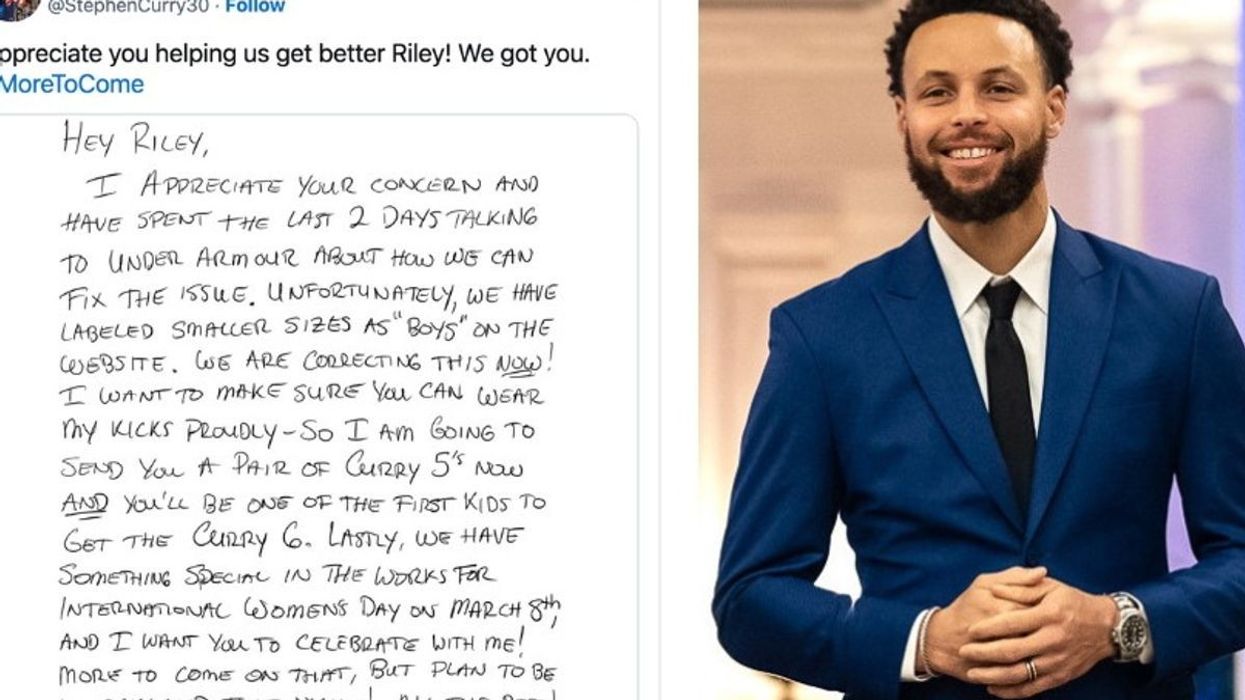[/vimeo]
In China, waiting until after age 25 to walk down the aisle means you’re nothing more than “[a] yellowed pearl,” according to the government. An official, state-led campaign to marry off all ladies by the time they hit their mid-20s was launched in 2007 by the ominously named All-China Women’s Federation, deeming any single women in their late 20s or older a “Sheng-nu,” or leftover woman. (The word “sheng” is also used to describe rotten food.)
A new documentary from Brooklyn-based filmmaker Floyd Russ aims to draw attention to the Chinese women who refuse to conform to the societal (and, often, familial) pressure to marry by a certain age, all while showcasing a practice that appears to be the most intense and intimidating form of matchmaking ever: the marriage market.
And “market” is more than just an expression—picture half live-action personal ad and half human auction, where parents hang colorful pieces of paper with statistics about their sons and daughters, then haggle over their “qualifications.” A house? That’s good. Being over 25? That’s bad—really bad. And love? Forget it.
Across most of the globe, women are choosing to marry later than ever before—if they even decide to marry at all. Currently, 27 is the average age women decide to tie the knot in the United States, up from 23 in 1990 and 20 (yes, 20) in 1960. This trend tracks fairly steadily across Europe, the Americas, and much of Asia as well, from Chile (average age: 33), to Taiwan (average age: 29.7), to Germany (average age: 30.7).
[quote position="full" is_quote="true"]These kinds of girls hope to further their education in order to increase their competitiveness. The tragedy is they don’t realize that as women age, they are worth less and less. They are already old, like yellowed pearls.[/quote]
But despite the fact China has far more men than women thanks to its one-child policy, any lady who dares to wait and get married has all but ensured she’s “undesirable.”
“Pretty girls don’t need a lot of education to marry into a rich and powerful family, but girls with an average or ugly appearance will find it difficult,” wrote China's Xinhua News Agency in an article published, ironically, on International Women’s Day in 2011. “These kinds of girls hope to further their education in order to increase their competitiveness. The tragedy is, they don’t realize that as women age, they are worth less and less, so by the time they get their M.A. or Ph.D., they are already old, like yellowed pearls.”
The Russ documentary (called, of course, Marriage Market) tells the story of leftover women across Shanghai and their search for partners, featuring interviews with many of the women and—of course—their parents. “I won’t die in peace until you’re married. You’re stubborn. You’re too picky. You are a leftover woman,” the film begins, flashing a young woman’s childhood photos and echoing a sentiment that has been parroted back again and again to these “elder” single women.
“People think in Chinese society that an unmarried woman is incomplete,” a woman explains. “You feel like an outsider.”
The intricate dynamic between parents and children, between the state and the individual, and between progress and tradition is brought into focus in the film, putting a heartbreaking and very human face on this wildly sexist norm and the generation gap that seems, at times, cavernous. As another one of the film’s subjects says, “I just wish my parents would understand my way of living.”













